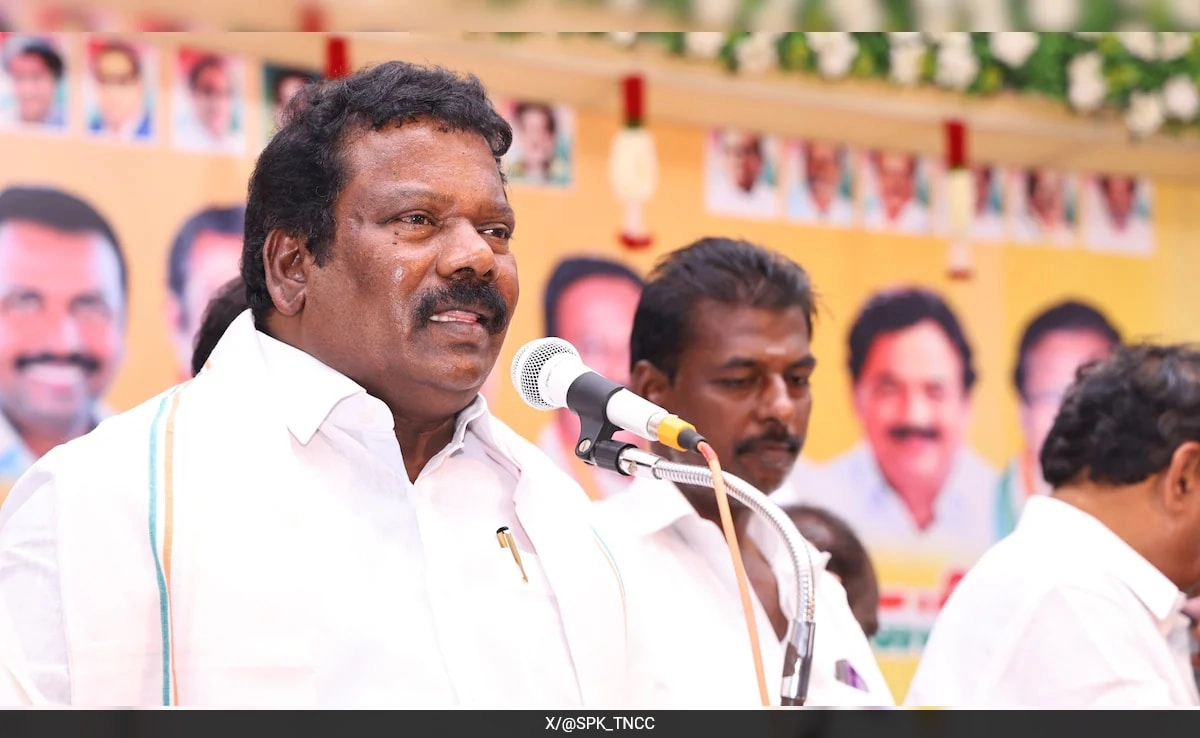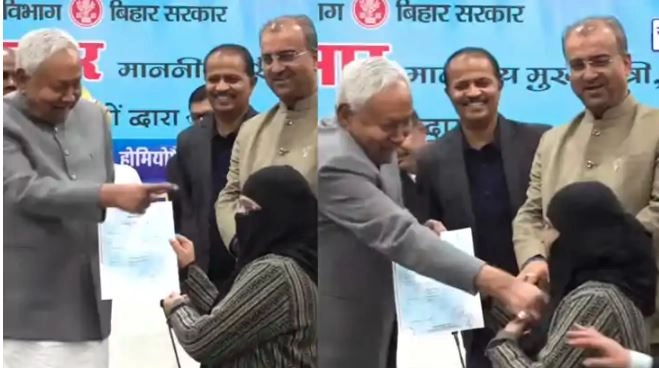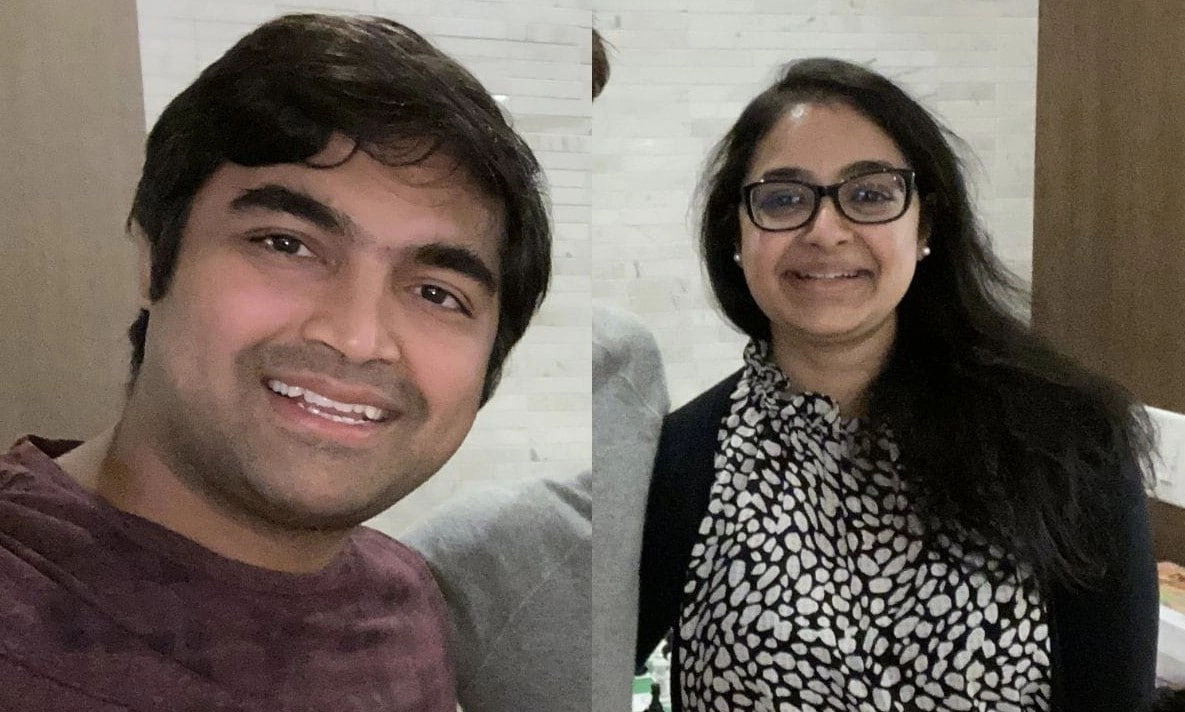Tamil Nadu Congress Chief, K.S. Alagiri, has recently voiced concerns regarding what he perceives as discrimination during a traditional temple ritual. He claimed that he was intentionally overlooked during a significant religious ceremony, which he believes highlights a broader pattern of exclusion faced by Congress leaders in the region. The incident occurred during a temple event where several political figures were present, and Alagiri’s absence from the rituals stirred controversy, prompting discussions about the treatment of political representatives within religious contexts.
Alagiri articulated his disappointment, emphasizing that such acts of neglect are not merely personal grievances but reflect a systemic issue of discrimination against Congress party members. He pointed out that political affiliations should not dictate one’s participation in cultural and religious events, especially in a diverse state like Tamil Nadu, where multiple communities coexist. The Congress Chief’s remarks resonated with supporters who argue that inclusivity is critical, particularly in religious practices that often serve as a unifying force in society.
This incident has sparked a debate about the intersection of politics and religion in Tamil Nadu, a state known for its rich cultural heritage and deep-rooted traditions. Critics have pointed out that the political landscape in the region can sometimes overshadow the inclusive spirit of temple rituals, leading to divisions based on party lines. Alagiri’s claims may serve as a wake-up call for political leaders to foster a more inclusive atmosphere, ensuring that all parties are respected and represented in communal and religious activities.
In response to the controversy, political analysts suggest that it is essential for leaders across the spectrum to engage in dialogues that promote harmony rather than division. By addressing such issues openly, they can work towards building a more cohesive society that values participation from all segments, regardless of political affiliations. Ultimately, the focus should remain on the shared values and traditions that bind communities together, rather than allowing politics to create barriers in religious observances.




